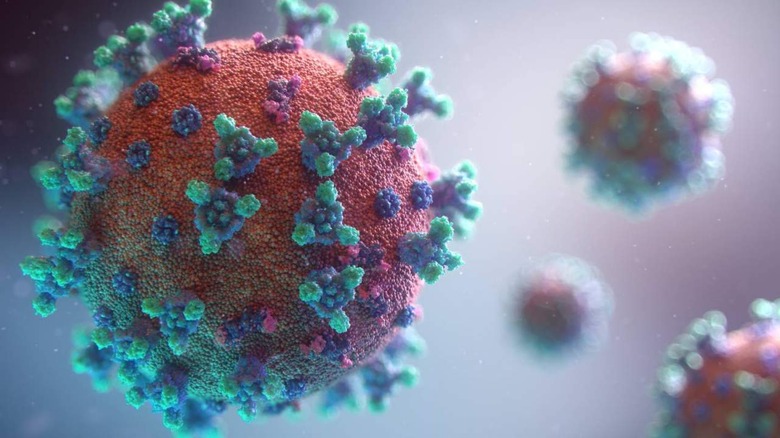FDA Authorizes Pfizer COVID-19 Vaccine For Kids 5 To 11: What Parents Should Know
Only days after its independent panel of advisers made its recommendation, the US Food and Drug Administration (FDA) has officially authorized the use of Pfizer-BioNTech's mRNA COVID-19 vaccine in children ages 5 to 11 years old. The authorization is a major stepping stone in the path to inoculating young kids who face an increased risk of infection in the classroom.
The US has authorized the COVID-19 vaccines in stages starting first with adults, then later on with older teens. The most recent authorization — until now — involved ages 12 to 15 years, leaving only the youngest kids in the US without a COVID-19 vaccination option. That changes with the FDA's official authorization today, making it possible for eligible children as young as five to receive a vaccine against SARS-CoV-2.
Pfizer "kid dose" authorization
The FDA's authorization for the 5 to 11 age group covers a two-dose vaccine protocol with a three-week waiting period between shots. As expected, the children in this age group will receive a lower "kid dose" of the Pfizer vaccine at 10 micrograms; this is compared to the 30-microgram dose authorized for recipients ages 12 and older.
Acting FDA Commissioner Janet Woodcock, M.D., said in a statement about the authorization:
As a mother and a physician, I know that parents, caregivers, school staff, and children have been waiting for today's authorization. Vaccinating younger children against COVID-19 will bring us closer to returning to a sense of normalcy. Our comprehensive and rigorous evaluation of the data pertaining to the vaccine's safety and effectiveness should help assure parents and guardians that this vaccine meets our high standards.
Side effects
The FDA notes that its independent advisory committee was "overwhelmingly" in favor of recommending the vaccine for young kids, with only one expert abstaining. The authorization is based on an evaluation of the data currently available, including a study that found Pfizer's COVID-19 vaccine was 90.7-percent effective for protecting young kids from the disease. Around 3,100 kids 5 to 11 years old were included in the study; none of the participants experienced serious side effects.

A major topic surrounding the mRNA vaccine and its use in young kids is the potential for a rare side effect involving heart inflammation. Experts with the FDA's Vaccines and Related Biological Products Advisory Committee heavily evaluated this potential side effect, including analyzing the risk-to-benefit ratio for this age group, as part of their meeting on whether to recommend the vaccine.
The FDA says that as part of this authorization, Pfizer's safety monitoring plan for the vaccine has been updated to include these "events of interest" in kids 5 to 11 years old who receive the vaccine. That safety monitoring plan exists in addition to the FDA and CDC's own monitoring systems, meaning that any possible safety concerns that may appear in the future can be rapidly identified and investigated.
Why it matters
Though the original SARS-CoV-2 virus circulating in the early days of the pandemic primarily impacted older adults and those with preexisting conditions, the Delta variant is now largely behind new cases and it has resulted in a spike of serious infections among kids. Earlier this summer, the Chief Executive Officers for multiple children's hospitals in the Midwest signed a letter reporting a startling uptick in the number of kids requiring hospitalization and breathing assistance due to Delta variant infections.
Though COVID-19 still primarily impacts older adults, serious infections and death caused by SARS-CoV-2 can also occur in teenagers and younger kids. As of October 17, the FDA reports that 691 COVID-19 cases in the US involved patients under the age of 18. As well, around 8,300 kids ages 5 to 11 have been hospitalized in the US with COVID-19, with this particular age group accounting for 39-percent of cases in people under the age of 18.
Availability
Though the vaccine has been authorized for kids ages 5 to 11, parents can't yet take their children to the nearest pharmacy for a shot. The next step in the process will involve the CDC's Advisory Committee on Immunization Practices, which is scheduled to meet next week for talks about clinical recommendations regarding vaccinating kids in this age group. The process is expected to happen rapidly, however, now that FDA authorization is out of the way.
